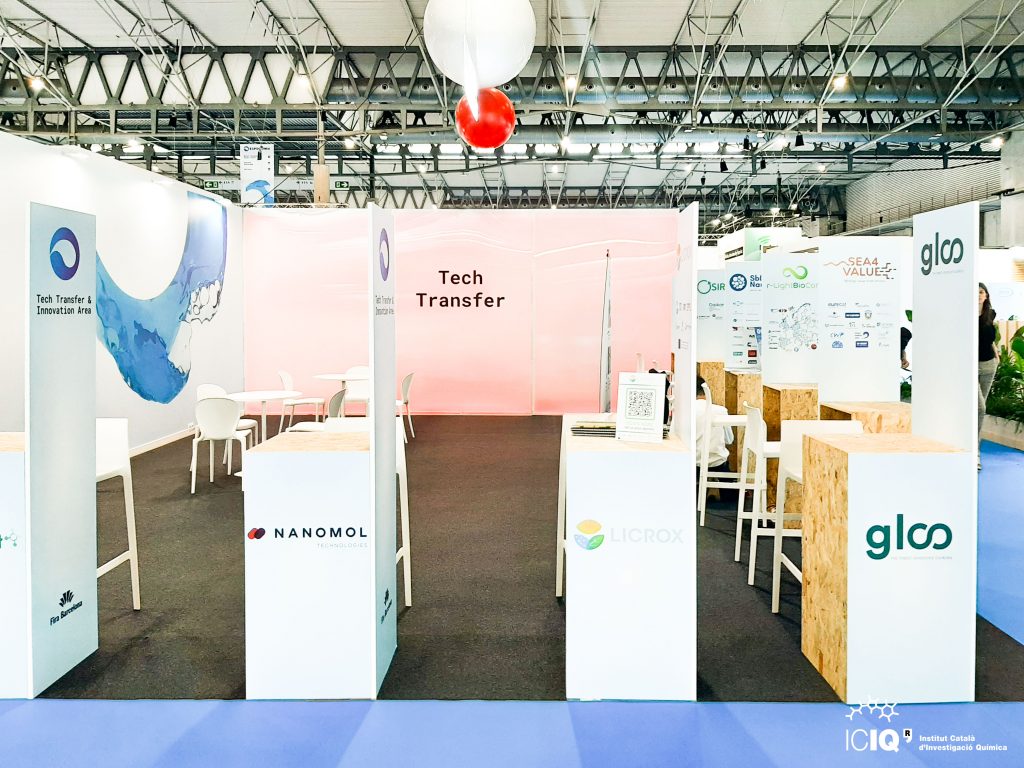Institute of Chemical Research of Catalonia (ICIQ-CERCA) is proud to announce its participation at Expoquimia 2023, the leading event in the field of chemistry. The fair will take place from today to June 2nd at Pavilion 3 of the Gran Via Venue (Barcelona, Spain).
Expoquimia is an international platform that brings together scientists, experts, companies and institutions to exchange knowledge, showcase the latest technological advancements and promote collaboration in the chemical sector.
ICIQ’s participation in Expoquimia reinforces its commitment to promote excellence in research and collaboration with chemical industry. Furthermore, it demonstrates its leadership in research to develop innovative solutions to address global challenges in areas such as sustainable energy, catalysis or medicinal chemistry.
The director of the institute, Prof. Emilio J. Palomares Gil, will participate with a keynote speech during the opening focused on technological trends in chemical innovation. Additionally, ICIQ team will be represented in two different areas, with the presence of the spin-off Jolt and Licrox project.
About Jolt
Jolt is a spin-off originated as a result of technology transfer within the Institute of Chemical Research of Catalonia. Jolt’s main objective is to develop and commercialize innovative technologies in the field of chemistry and advanced materials, specifically focusing on catalytic solutions for hydrogen production.
Jolt is an example of how the transfer of knowledge and technology from the academic world to the private sector can generate a positive impact on society and the economy.
About Licrox
LICROX project, funded by the European Commission within the FET (Future Emerging Technologies) Proactive Program of Horizon 2020 aims to develop artificial photosynthesis technology converting sunlight to energy stored in chemical bonds. Its goal is to manufacture and test a photoelectrochemical cell (PEC) capable of converting solar light, water, and carbon dioxide into molecules that store chemical energy such as molecules with 1 or 2 carbon atoms.
Artificial photosynthesis is considered an efficient solution to address climate change, and photoelectrochemical cells have the potential to become efficient and cost-effective technologies for directly converting sunlight into chemical energy.
